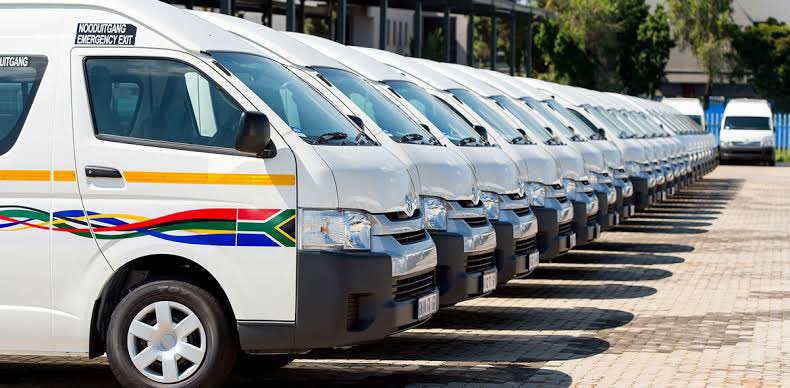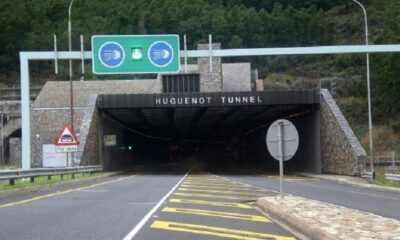News
Western Cape Shuts Down Key Taxi Routes for 30 Days Amid Deadly Violence

Extraordinary measures to protect lives
The Western Cape government has taken the drastic step of closing several major taxi routes for 30 days in response to a wave of deadly violence that has gripped the province. From Wednesday, 17 September, commuters will not be able to use some of the busiest corridors between Khayelitsha, Mfuleni, Somerset West, Nomzamo, and Lwandle.
Mobility MEC Isaac Sileku said the provincial cabinet invoked Section 91 of the National Land Transport Act, which gives powers to impose extraordinary measures in times of unrest. “This has been an exceptionally difficult decision. We are acutely aware that these routes serve thousands of residents who depend on them daily. However, given the escalating violence and the tragic loss of life, these measures are necessary to stabilise the situation and protect commuters,” Sileku said.
The routes affected
The closures include the M18 from Mfuleni to Somerset West, Route 43 from Lwandle to Khayelitsha via Somerset West, Route 611 from Khayelitsha to Somerset West, and Route X19 between Nomzamo and Mfuleni. Additional routes, including AA20, R96, AA21, R97, YEX63, and YEX64, will also be shut. Specific lanes at taxi ranks in Khayelitsha, Makhaza, Mfuleni, Somerset West, Nomzamo, and Lwandle are affected too.
Violence leaves families devastated
The shutdown follows weeks of violent clashes linked to the taxi industry. Between 23 and 26 August, six people were killed, followed by the fatal shooting of an off-duty police officer and taxi operator on 4 September. Police spokesperson Lieutenant-Colonel Malcolm Pojie said the officer had been driving when unknown gunmen opened fire, causing his vehicle to crash into a fence. Authorities believe the motive was taxi-conflict related.
Officials say the violence has “torn families apart” and disrupted livelihoods, with entire communities now caught in the crossfire of a long-standing industry battle.
How commuters will cope
Recognising the disruption this will cause, the province has lined up alternative services. Golden Arrow buses and Metrorail trains will run additional trips to keep workers mobile and ensure schoolchildren can reach classrooms during exam season. Police and traffic enforcement will be deployed to monitor the affected routes, and anyone found violating the shutdown will face prosecution.
A fresh look at a long-standing issue
Taxi-related violence is not new to the Western Cape. For years, commuters have lived with the uncertainty of whether they will arrive safely at their destinations. This latest closure, though temporary, underlines just how fragile the situation remains.
While some residents have expressed relief that the government is prioritising safety, others worry about overcrowded trains and buses and the ripple effect on already stretched public transport. On social media, frustration has mixed with resignation, with many questioning how long the cycle of conflict can continue before a permanent solution is found.
For now, the message from the province is clear: lives come first. But until peace is restored in the taxi industry, thousands of daily commuters will be forced to find another way to move around the city.
Also read: Seatides School Bullying Case Sparks Anger After Grade 11 Learner Assaulted
Follow Joburg ETC on Facebook, Twitter, TikT
For more News in Johannesburg, visit joburgetc.com
Source: IOL
Featured Image: Facebook/Nhlanhla Lux Official

















